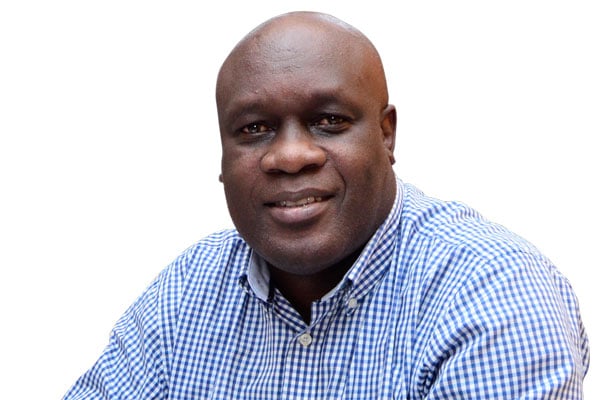Prime
Why bad journalists may not do good journalism

Odoobo C. Bichachi
What you need to know:
- As a Ugandan media consumer, would reading short notes on your editors and reporters capabilities enhance your trust of news or not? Please let me know.
Trust in news media has been on the wane since the arrival of social media. The new media not only disrupted the way we tell stories and how we consume stories, it also changed who tells stories and who we believe or don’t believe.
According to the Reuters Institute Digital Report of 2023, only 40 percent of the public across all markets in the world trust news media (online, print, and broadcast). The study also found that only 48 percent are interested in news (down from 63 percent in 2017), and 36 percent avoid news completely or restrict themselves to specific topics or times of exposure.
There are many reasons for this: the rise in fake news on social media (and sometimes in mainstream media), perceptions of mainstream media bias, perceived fall in integrity levels of news platforms and journalists, to mention a few.
Likewise, there are many ways news media can rebuild public trust in news and news platforms. Fidelity to the media code of ethics is one of them – facts/truth, balance, fairness, zero tolerance to corruption, etc. The other is transparent and accountable systems, as well as robust public feedback and engagement mechanisms.
Media houses like New York Times last year [2023], in seeking to enhance trust in its journalism, adopted a non-traditional approach, namely; profiling its journalists to show the public who is behind the journalism they read, the authority they bring to stories in their respective beats, and why their work should be trusted.
“With diminishing levels of public trust in news and the integrity of journalists regularly being called into question, staff bios and mission statements can be a foundational step to establishing credibility and building trust with your community. These bios do a great job of highlighting both the ethics and expertise of their journalists, as well as show the humanity and mission behind their work,” wrote Lynn Walsh and Mollie Muchna, Trusting News assistant director and Trusting News project manager, respectively.
The bio briefly highlights four things: 1). what I cover, 2). my background, 3). what I believe in (ethics), and 4). how to contact me. This, it is believed, gives readers a close perspective of who the journalist writing the stories is and why they need to trust him/her.
Perhaps it is still early days to tell its impact on trust. What is clear though is this approach is anchored on the adage that bad journalists cannot do good journalism, only good journalists can do good journalism.
Indeed one of the contributors to public distrust of news is the personal integrity of us journalists. A reporter or editor that routinely picks money from news subjects or news sources, or insults and disrespects people publicly, cannot produce good journalism however well they write or present on TV bulletins. Their work will always be distrusted because the lack of personal integrity precedes them.
Similarly, knowledge and experience in the subject a journalist covers will (most of the time) produce good journalism and their work will be trusted. A journalist that cannot tell the east from the west, or dusk from dawn cannot be trusted to situate a story well. Small things that show knowledge and authority matter.
The openness to invite engagement with audiences by sharing contacts – and actually engaging audiences – builds trust and sense of shared community. Journalists that don’t respond to emails from audiences about their work, or take calls and engage with humility undermine trust in their stories.
With regard to professional ethics, journalists that do not believe in fairness, empathy, balance, right of reply, will not produce good journalism. They will write defamatory and skewed stories and will disregard the right of affected parties to give their side of the story.
That said, in following this approach to rebuild public trust in news, media houses need to guard against their journalists over-indulging themselves in titles, accolades, etc as the extremity can put off audiences among whom are many people that are several times more knowledgeable or qualified but are just not practicing our trade.
As a Ugandan media consumer, would reading short notes on your editors and reporters capabilities enhance your trust of news or not? Please let me know.
Send your feedback/complaints to [email protected] or
call/text on +256 776 500725.



